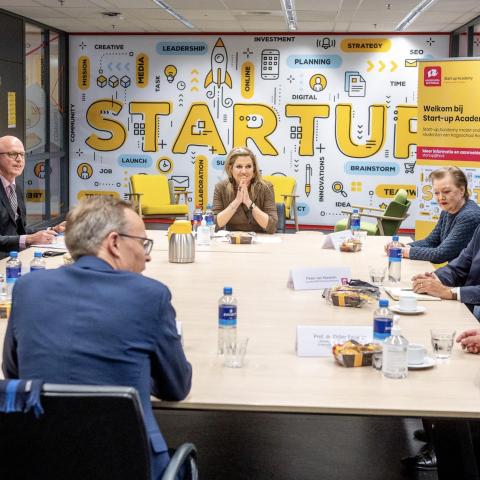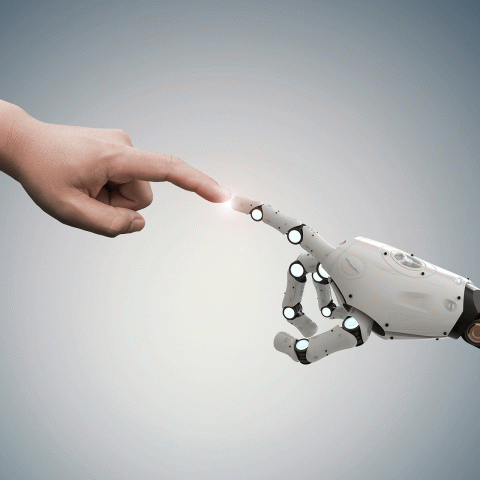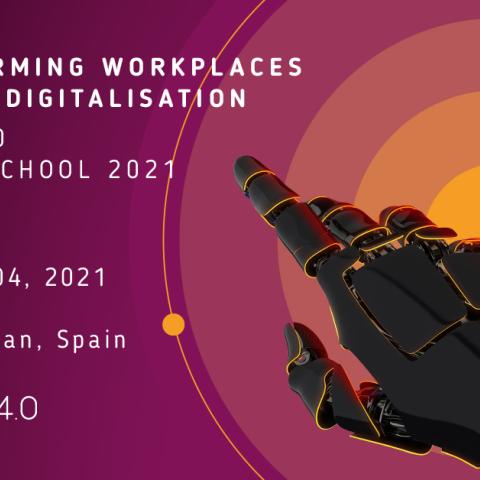Introduction
-
How will robotics, AI and big data shape European societies?
Current technological innovations in robotics, artificial intelligence, data and computing power are nothing short of revolutionary. These developments invite many pressing societal questions. How will work change? Will jobs be destroyed? What new jobs will be created? What skills should we learn? Can everybody master these skills? How should they best be taught?
But also: who will benefit most from these technological developments? How do inequalities change? Are social groups affected differently? And, importantly, what can governments do to cushion technological inequalities?
TECHNEQUALITY brings together a multidisciplinary group of leading scholars from Europe's most renowned universities and research institutes to answer these questions and work with policy-makers to co-create policies that work.
-
-
News

Technequality professor Didier Fouarge talks with Dutch queen Maxima about skills in times of robotisation
The conversation with Didier Fouarge and other experts was organised by Hogeschool (University of applied sciences) Rotterdam.
read more
Pathways to the future of the labour market
Interview with Technequality researchers Cornelia Suta (Cambridge Econometrics) and Didier Fouarge (ROA)
read more
Beyond 4.0 Summerschool 01- 04 June 2021
Beyond 4.0 is one of Technequalities sister projects. Technequality project members Carl Frey, Carla Hornberg, Mark Levels and Raymond Montizaan will participate in 3 sessions.
read more
Technequality Second Webinar series, Webinar 2: 26 May 2021, 1200 - 13.00h CET
This is the second webinar is a second series of three. If you wish to attend, please send an email to technequality-sbe@maastrichtuniversity.nl and we will send you an invitation with a link to the meeting.
read more -
Projects

07 Co-creating policies that work
How can we maximise the impact of our results and ensure that they are used for creating relevant political solutions? TECHNEQUALITY is designed to co-create theoretical understanding, empirical research and policy work…
read more
